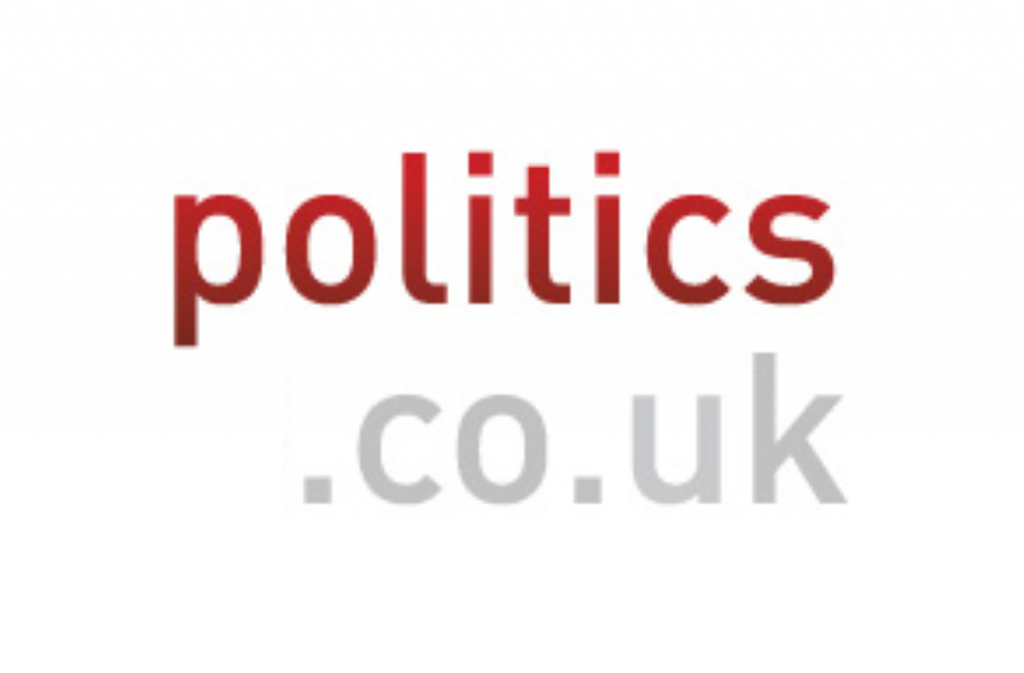Galloway wins libel case
George Galloway has won his libel case against the Daily Telegraph over allegations that he received money from Saddam Hussein.
The case, which was heard without a jury, centred on articles published in the Daily Telegraph in April 2003 which alleged that Mr Galloway received £375,000 in oil money from Saddam Hussein’s regime.
The stories were based on documents found by one of its reporters in Baghdad.
The MP for Glasgow Kelvin, and founder of the Respect Party was awarded £150,000 in damages by the judge. Mr Galloway has also been awarded his costs – which he later said were £1.25 million.


Giving the reasons for his judgement, Mr Justice Eady said that the allegations had been “seriously defamatory” of Mr Galloway and a “reasonable and fair minded” reader would have made a number of assumptions about Mr Galloway. Notably that he had been in Saddam Hussein’s pay, had diverted money from the oil-for-food programme, had used the Mariam Appeal as a front for personal enrichment, and had engaged in action tantamount to treason.
Mr Justice Eady said he was “obliged to compensate Mr Galloway in respect of the publications and the aggravated features of the defendants’ subsequent conduct, and to make an award for the purposes of restoring his reputation”.
The Telegraph has announced its intention to appeal against the ruling.
The newspaper’s defence was not based on proving the allegations to be true, but on grounds of public interest that they had neutrally reported the story.
However, the judge ruled that the nature, content and tone of their coverage could not be described as such and Mr Galloway had not been given sufficient time or opportunity to make “meaningful comment” upon the allegations.
Speaking to reporters outside the High Court, Mr Galloway said that he had “risked everything to bring this action” and if he had lost would have been homeless bankrupt, and thrown out of political office – as bankrupt individuals are not allowed to sit in the House of Commons.
Launching a stinging attack on the Daily Telegraph, he accused them of being “among the main trumpeters for the disastrous decision to take this country into a wholly unnecessary and disastrous war in Iraq” and of trying to blacken his name through arguments and documents shown to be “fabrication, falsehood, forgery, counterfeit”.
He claimed the paper had sought to portray him as an “enemy of the state and to portray the anti war movement as the enemy within” – whilst the “real enemy” was the political leaders responsible for the decision to go to war, and the media that supported the decision.
Indicating that he intends to pursue the issue, Mr Galloway said that he would be using “parliamentary opportunities to further ventilate this case.” This perhaps indicates that he intends to make some explosive allegations, as anything said in parliament is covered by absolute privilege under defamation law – meaning that he could not face any libel suit of his own.
He said: “The Daily Telegraph has been held to account, and what an account it has been, but when is Tony Blair going to he held to account?”
On his victory today, he said it was “humbling to discover that there is still one small corner of a British field that remains uncorrupted and independent of the powerful British state.”
Mr Galloway added that he will be making a further statement about his political future at 1900GMT tonight, in Brick Lane, London.
Neil Darbyshire, the executive editor of The Daily Telegraph said the ruling was a “blow to the principle of freedom of expression in this country.”
He said that the paper “published genuine documents that emanated from the highest levels of the Iraqi government and raised questions about the activities of Mr Galloway.
“If, as we understand the Court to have held, English law offers no real protection to newspapers that publish documents which raise such important questions about the conduct of an elected Member of Parliament, then freedom of expression is an illusion.”
He denied that the paper had operated any sort of a witch hunt against Mr Galloway, saying: “If these documents had named any other British MP as apparently receiving funds from Saddam, our coverage would have been, in effect, the same. Equally, we believe that if any other newspaper had uncovered these documents, it would have published them.”
Pointing to the ongoing investigation into Mr Galloway by the Parliamentary Commissioner for Standards, Mr Darbyshire said: “It has never been The Daily Telegraph’s case to suggest that the allegations contained in the documents are true. These documents were published by us because their contents raised very important questions at a crucial stage of the war against Iraq. The Daily Telegraph did not and could not perform a detailed investigation into their contents.
“When we published the documents we did so believing that their contents were important, should be made public and would in due course be investigated by the proper authorities. The Daily Telegraph will co-operate fully with the Parliamentary Commissioner’s inquiry.”
The ruling could have serious implications for the media as a whole when deciding whether to publish serious and unproven allegations.
The paper’s lawyers had attempted to use the qualified-privilege Reynolds defence. This embryonic defence was developed after a case involving The Times and the then Irish leader Albert Reynolds. Then The Times argued that although some of its allegations were unproven, it was acting in the public interest and within the standards of responsible journalism in going ahead with publication.
Though The Times lost the case, subsequently judges have accepted a public interest defence against libel exists, but this was the most high profile test case of its type.











